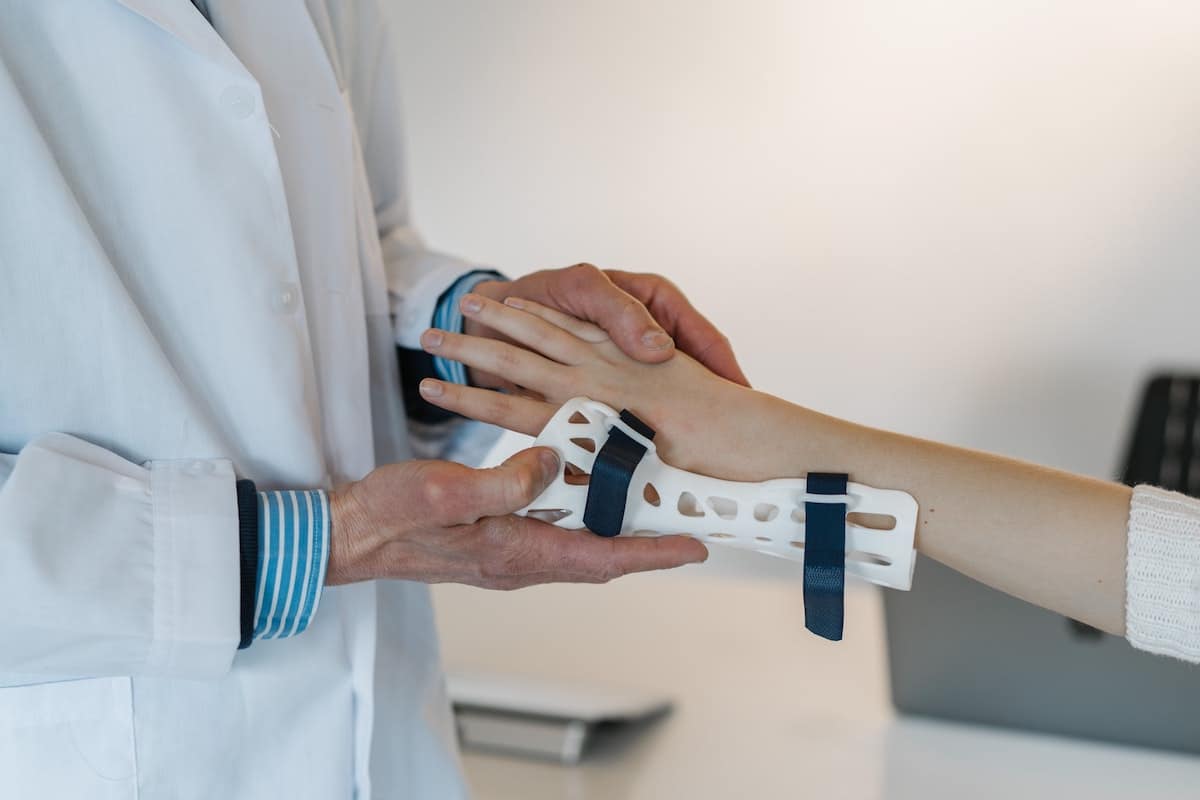Depending on what you do for a living, it’s very likely that your job is highly stressful. Your entire day could be spent performing repetitive motions such as lifting heavy objects or moving around. It’s essential to take care of your body’s muscles, joints, and nerves before things get worse.
An orthopedic surgeon specializes in the health of the musculoskeletal system and can help you figure out what’s wrong and how to fix it. For those who aren’t familiar with orthopedists, here are a few things to keep in mind when deciding whether or not to see one:
Having Difficulty Climbing the Stairs
Joints in the knees and hips naturally begin to deteriorate with age, which typically makes it too uncomfortable for the affected body parts to continue functioning normally. If you have trouble walking, climbing stairs, or getting out of chairs, it may be time for your doctor to propose that you have joint surgery.
Joint injury can manifest itself in various ways, one of which is chronic pain that lasts for more than six months and disrupts daily life. A joint replacement may be necessary for a variety of reasons, including accidents that may have occurred in the past and years of heavy use.
Instability Of Joints.
Destabilization is merely one more compelling argument in favor of seeking the counsel and expertise of an orthopedic physician. Should people who have trouble standing, walking, or moving easily investigate the possibility that they have orthopedic problems? Many of them do. The easiest method to go about doing this is to seek the advice of a specialist who is already working in the sector.
Having a Hard Time with Chores.
The capacity to carry out daily activities without the assistance of another person is referred to as self-sufficiency. To accomplish this, you must be able to get out of bed with only minimal assistance, dress, bend over to tie your shoes, prepare your meals, and so on.
Consult AOA Orthopedic Specialists if you are unable to execute the tasks at hand without experiencing significant discomfort or if the manner in which you are expected to carry them out is undergoing significant change.
Disturbances in Bowel Movement and Bladder Function
If you find yourself rushing to the bathroom or sitting on the toilet for hours at a time, which is neither pleasant nor normal, it may be time to consult a doctor. Both irritable bowel syndrome (also known as IBS) and nerve injury can have adverse effects on the intestines, the bladder, and the back.
Irritable bowel syndrome (IBS) can cause abdominal cramping and extreme stool, both of which are indicators that your bowel system isn’t functioning correctly. This can lead to problems in the lower back. On the other hand, injury to the nerves in the back can lead to discomfort in the abdomen and make digestion difficult.
Bottom Line
You put yourself in jeopardy of long-term damage and impairment if you ignore what your body is trying to tell you. There are several warning signs that should prompt a person to seek medical attention, particularly from an orthopedic specialist. These warning signs include problems with the joints and bones.


